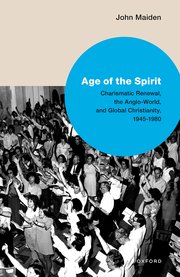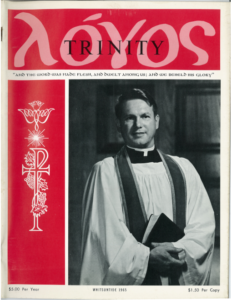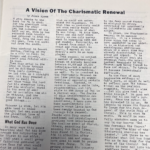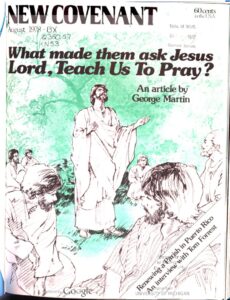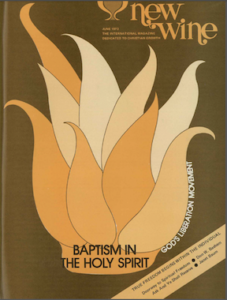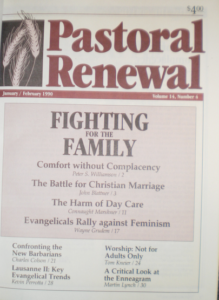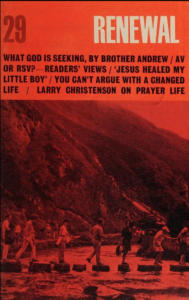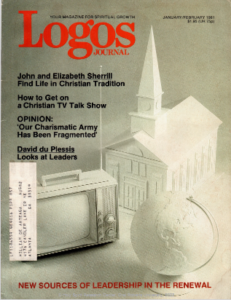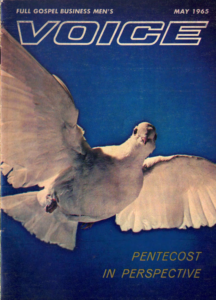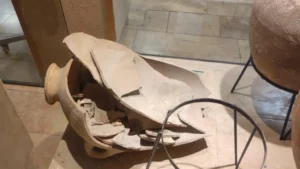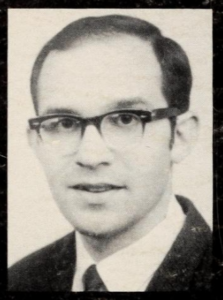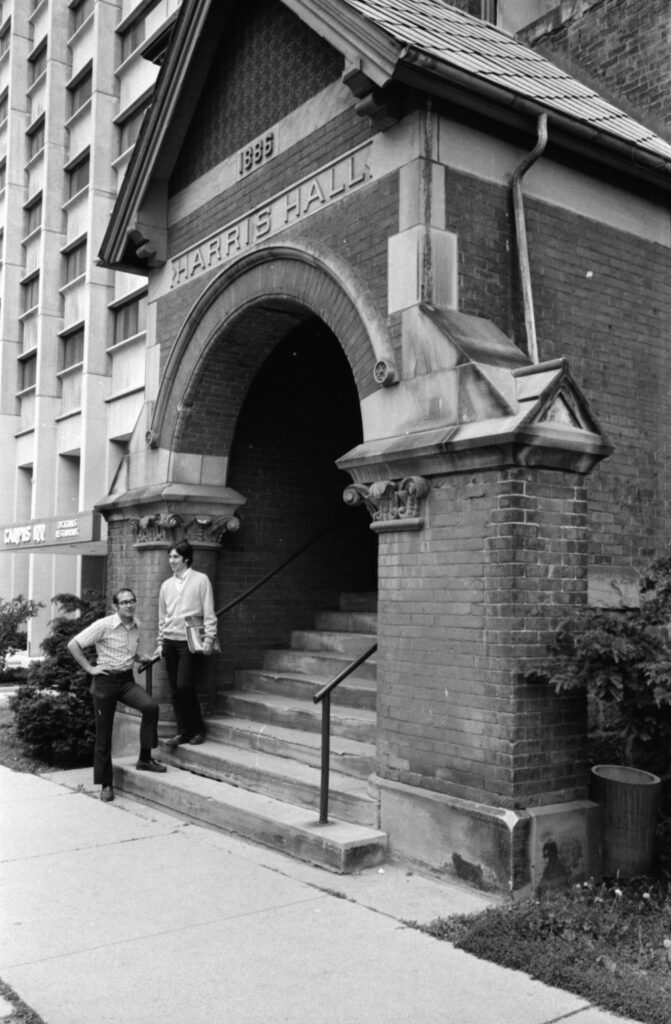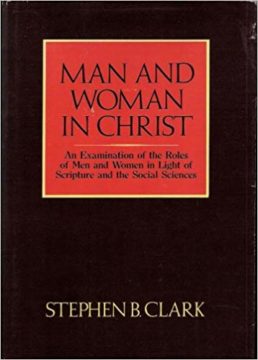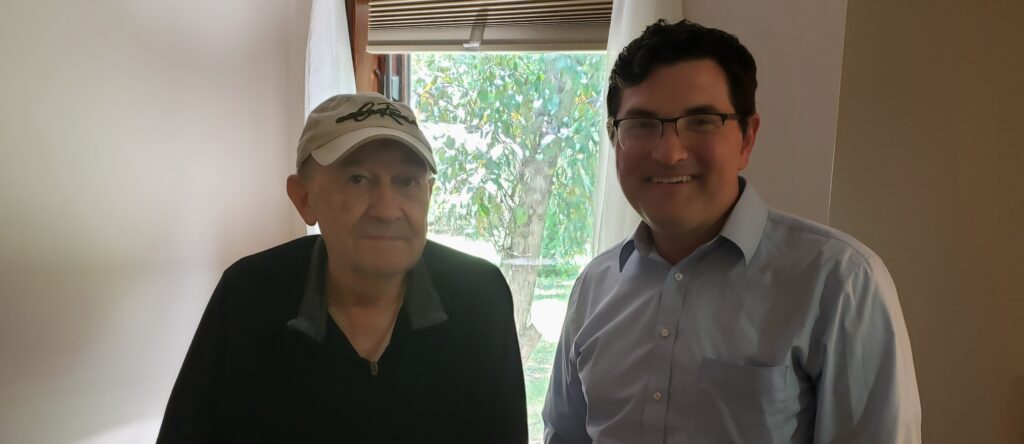Yesterday, I came across a pretty obscure reference in a book by Jim Davila, the most profilic of biblical bloggers to whom I have linked for years. He wrote a commentary on some of the Dead Sea Scrolls entitled Liturgical Works (Eerdmans, 2000). On p. 242, I found this tidbit on the so-called “Words of the Luminaries” (4Q504, 4Q506). Davila speculates that the text
“was used in the m‘amadot service (a pre-Mishnaic institution in which delegations of lay representatives would participate in the temple sacrificial services for a week at a time).”
Twenty-Four Divisions of Lay People
Huh? I had never heard of the m‘amadot. Who were they? Unfortunately, there is very little information about them out there. The word is a feminine plural, which means “stands” or “posts.” The Encylopedia Britannica has a tiny entry on them. Even the Jewish Encyclopedia is extremely sparing in its reference. It distinguishes between on the one hand, the “mishmarot,” which were the 24 divisions of the Levitical priests who would take turns serving at the temple, and on the other hand, the m‘amadot, which were 24 divisions of lay people that mirrored the 24 divisions of the Levitical priests. The JE says that “on the return from the Exile 24 (Israelite) ammudim (m‘amadot) were established, parallel to the priestly and Levitical mishmarot (Tosef., Ta’an. 4:2).”
The Talmud on the m‘amadot
There is a reference to the m‘amadot in Ta’anit 27b: “Rabbi Ya’akov bar Aḥa said that Rav Asi said: Were it not for the non-priestly watches and the Temple service, heaven and earth would not continue to exist, as it is stated: “And he said: Lord God, by what shall I know that I shall inherit it?” (Genesis 15:8)” (see sefaria.org). So the laity, not just the priests, kept watches in the temple—and at least to some rabbinic authorities, their role in the temple service was cosmically necessary. This section also goes on to describe the deeds of the m‘amadot: they would remain “in their towns and would assemble in the synagogue and observe four fasts each week to correspond with the days of creation:
- Monday: a fast for seafarers, “as the sea was created on Monday”
- Tuesday: a fast for “those who walk in the desert, as the dry land was created on Tuesday”
- Wednesday: a fast that children would not fall subject to croup – corresponding to the day on which the luminaries (me’orot) were created (a word similar to “curses” me’erot)
- Thursday: for pregnant women for “living beings” were first created on this day
- Friday: no fast since it was Sabbath eve
- Sabbath: no fast
I’m left wondering when these people would eat! I guess they would eat a huge feast on the sabbath to be sustained throughout all these fasts.
The Word of the Luminaries and the M‘amadot
Davila points to a source by Daniel K. Falk to illustrate his point. I’ll quote a whole paragraph here so we get some context:
“Another possibility, if we continue our speculation along these lines a bit further, is a connection of the weekly prayers in Words of the Luminaries with the lay ma‘amadot services. About these little is known, and there is not even a hint that communal prayer placed any part in these services, although scholars often assume that it must have. Nevertheless, that each course [i.e. division, of the 24 divisions] met for one week would make a weekly cycle of prayer appropriate, and their reading of particular passages from the creation story in sequence for each day of the week is at least analogous to the weekday prayers in Words of the Luminaries which also follow a historical progression, albeit from creation to post-exilic times.” (Daniel K. Falk, Daily, Sabbath, & Festival Prayers, Studies on the Texts of the Desert of Judah, vol. XXVII [Brill, 1998] p. 91)
Now Falk doesn’t say a whole lot here, but he does highlight the fact that the nature of these m‘amadot services likely included communal prayer. The groups met for a week at a time and perhaps this one source we have from the Dead Seas Scrolls, “The Words of the Luminaries,” is an example of a text that they would pray when they gathered.
Consolidating Insights on the m‘amadot
While the sources are patchy at best, we can pull together a few key insights on the groups of lay people referred to as the m‘amadot:
- There were twenty-four divisions of m‘amadot that paralleled the twenty-four divisions of the Levitical priests.
- These groups took turns attending the daily temple liturgies (the Tamid) a week at a stretch.
- Their observance included specific daily fasts for specific intentions.
- Their observance probably included communal daily prayer.
It would be nice if we had more ancient sources describing the function and practice of the m‘amadot but there is not much there. Perhaps there are some interesting works out there that say more. For now, I think of the m‘amadot as the daily Mass-goers of Second Temple Judaism. They were dedicated lay people who came to the temple to worship every day when their division was on duty. In this way, they were quasi-priestly kind of like the Nazirites who would take a special vow for a time period. They remind me also of the apostles in the book of Acts who were “going up to the temple at the hour of prayer, the ninth hour” (Acts 3:1), which would indicate the time of the evening sacrifice. While we cannot be sure, perhaps some of the early believers were members of the m‘amadot. I hope that over time we can learn more about these interesting devout Jewish worshippers from the Second Temple era.
For further reading:
The only additional reference that I have not had time to pursue is Esther Eshel and Ḥanan Eshel, “4Q471 Fragment 1 and Maʻamadot in the War Scroll,” in The Madrid Qumran Congress: Proceedings of the International Congress on the Dead Sea Scrolls, Madrid, 18-21 March 1991, 611–20, (Brill, 1992).

